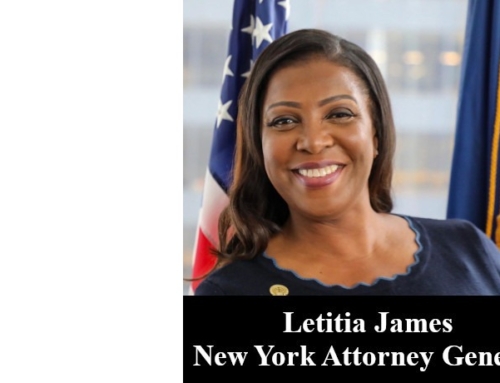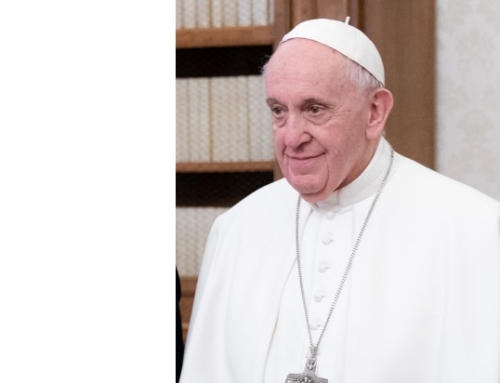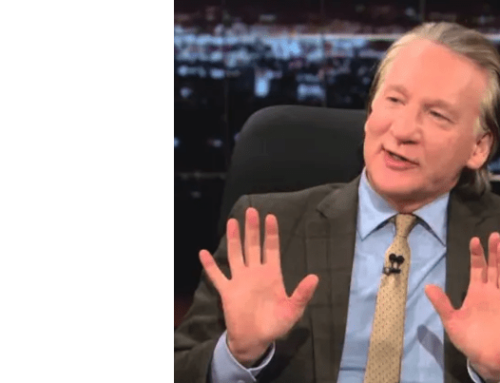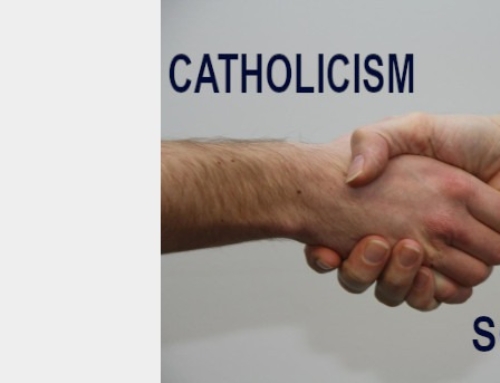Catholic League president Bill Donohue comments on an article posted on the website of the Washington Post on August 23rd:
Standards continue to collapse in elite circles, the latest example being a wholly inaccurate article posted on the website of the Washington Post by an Ivy League professor.
Anthea Butler is an African American professor at the University of Pennsylvania, someone who has a long history of bashing the Catholic Church.
“The modern-day American Catholic church seems to be finally waking up to racial issues.” She cites the decision by the United States Conference of Catholic Bishops this week to empanel a committee on racism; it was done in response to the events in Charlottesville. This is the first time since 1979, she writes, that the bishops have addressed this subject.
Butler is wrong. Here is a quick look at some of the bishops’ efforts since 1979:
- 1987: The sixth National Black Catholic Congress was held in Washington, D.C.
- 1989: The first Sunday in February (Black History Month) was designated as a National Day of Prayer for the African American Family.
- 1990: The National Black Catholic Clergy Caucus designated November as Black Catholic History Month.
- 2000: Mother Josephine Bakhita becomes the first African woman to be canonized by the Roman Catholic Church in the new millennium.
- 2001: The first Gathering of Black Catholic Woman was organized by the National Black Sisters Conference.
- 2001: Most Reverend Wilton B. Gregory was elected President of the United States Conference of Catholic Bishops.
- 2003: The National Black Catechetical Network was founded.
- 2004: “A Research Report Commemorating the 25th Anniversary of Brothers and Sisters to Us” was published in recognition of the 1979 statement on racism.
- 2004: The Bishops’ Committee on African American Catholics gave an address at the bishops’ conference titled, “The Success, Impact and Varied Roles of the Offices of Black Ministry in the Church Today.”
- 2014: Archbishop Joseph E. Kurtz, president of the United States Conference of Catholic Bishops, issued a Statement on the Occasion of the 50th Anniversary of the Civil Rights Act.
These are just some of the efforts made by the bishops since 1979 that Butler does not mention. This list obviously does not include events and campaigns organized by dioceses, parishes, schools, universities, and voluntary associations—all across the nation—to promote racial harmony.
It is not clear whether Butler’s refusal to cite any of these matters is a function of her incompetence or ideological convictions. Regarding the latter, she wrote in the aftermath of the death of Trayvon Martin that God is “a white racist.”
Anyone who thinks that God is “a white racist” is clearly not capable of fairly assessing anything the Catholic Church does to combat racism. But the Washington Post and the University of Pennsylvania do not agree—they love her “scholarship.”









